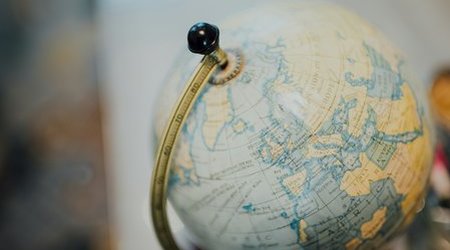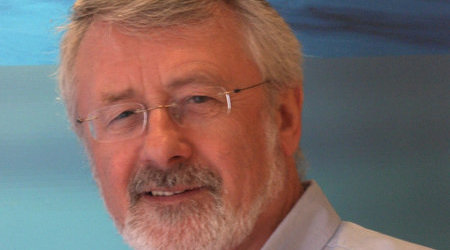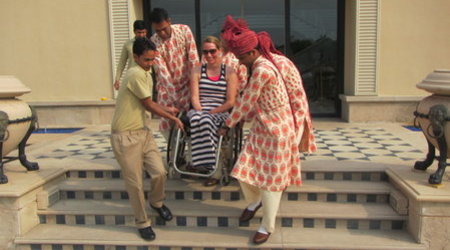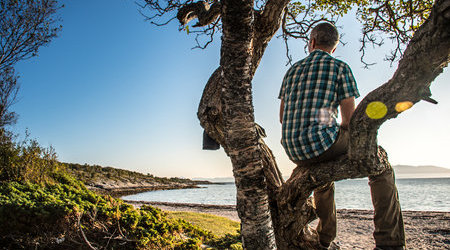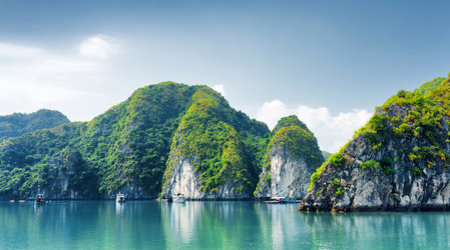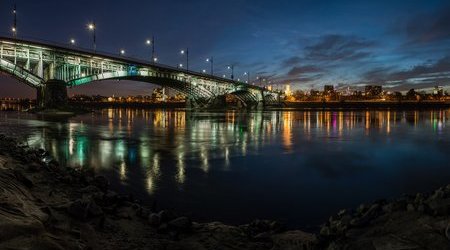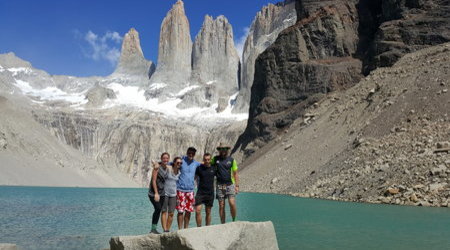Please enter your username and password to logon to the member pages
FIND YOUR AITO ASSURED HOLIDAY
The Difference Between Tour Operators & Travel Agents
28 Sep 2023
Quite a common question for anyone not working in the travel industry is about the difference between a tour operator and a travel agent. Both terms are, in effect, industry jargon and we expect the consumer to work out what the difference is. So let's clear that up.
What Is a Tour Operator?
What Is a Tour Operator?
A tour operator is a person or company that thinks up ideas for holidays, researches the ideas, designs the holiday itinerary and content, contracts the services needed for the holiday, accommodation, transport, guides, tour leaders or resort reps and then markets the resultant package. They sell the package either directly to the consumer or use the services of a travel agent to do so. A tour operator sells the product that they themselves create. They do not sell anybody else's packages, they sell only their own creations.
A tour operator is what in law is referred to as a "principal", meaning they take responsibility for the package that they create and cover that liability with (usually) an ATOL licence and / or some form of bonding to ensure that the consumer gets their money back if the tour operator fails, or is flown home if they are abroad when a tour operator fails.
A tour operator is what in law is referred to as a "principal", meaning they take responsibility for the package that they create and cover that liability with (usually) an ATOL licence and / or some form of bonding to ensure that the consumer gets their money back if the tour operator fails, or is flown home if they are abroad when a tour operator fails.
It's worth mentioning that, with regard to bonding for financial protection, the law asks that certain items or services must be bonded; AITO demands that all its tour operators bond all package holidays they sell to the consumer.
Who does a Travel Agent Differ?
Who does a Travel Agent Differ?
On the other hand, a travel agent offers the consumer a range of holiday packages that have been put together by a tour operator. They do not, in theory, put together any of their own packages; they sell lots of different holidays put together by lots of different tour operators. They do not usually design or create the holidays they sell, and they do not act as a Principal. The tour operator whose product they sell takes the responsibility for the holiday; the travel agent does not. Therefore the agent usually does not have an ATOL licence or any bonding in place, but relies on the tour operator to cover this.
Nowadays it is fair to say, the difference between tour operator and travel agent is blurred. Some travel agents do create some packages, and therefore do act as a Principal and have the required licences, but they will also sell other product put together by tour operators.
A good analogy goes like this: if you want to buy a dining room table and chairs, you have two choices. You can go directly to the factory where one particular company makes the table and chairs and buy from the creator of the product. But you will only, at that factory, see furniture made by that one manufacturer. If you go to a high street store and browse their furniture department, you can choose from a range of furniture made by several different furniture makers, but none of the furniture has been made by the high street retail store.
In travel, the manufacturer, the factory, is the tour operator. The high street retail store is the travel agent. It's up to you whether you prefer to (a) talk to the creator or the product, or (b) have a wide range of product from different manufacturers to choose from.
Why Book With a Tour Operator or Travel Agent?
Why Book With a Tour Operator or Travel Agent?
Another common question is why a potential traveller should book their holiday arrangements with a tour operator rather than doing it themselves. The answer to this question covers tour operators and travel agents - both are offering commercially assembled holidays.
It is possible to spend hours researching a possible destination, pondering over the best itinerary, checking for the best hotels and so on. Or you can book with a tour operator who has done all that research and chosen wisely based on their experience and knowledge. If you design your own itinerary it can be fun, but if something goes wrong then you are on your own.
A tour operator has a legal responsibility to look after you if things go awry. Strikes, natural disasters, personal illness and several other disasters can befall the traveller, better to have someone to take care of things at such critical times. If your overseas hotel ceases trading when you are there, or on your way there, you are on your own; whereas a tour operator will make alternative arrangements.
When the Tsunami struck in Thailand some years ago, all the clients who had booked with a tour operator were helped by their tour operator; they were moved to alternative accommodation or flown home. Travellers who had booked their own arrangements were left to fend for themselves. "It's always the individual travellers who we can't locate and help", said someone at the Foreign Office Travel Unit, "since they don't tell us where they are going".
A tour operator has a legal responsibility to look after you if things go awry. Strikes, natural disasters, personal illness and several other disasters can befall the traveller, better to have someone to take care of things at such critical times. If your overseas hotel ceases trading when you are there, or on your way there, you are on your own; whereas a tour operator will make alternative arrangements.
When the Tsunami struck in Thailand some years ago, all the clients who had booked with a tour operator were helped by their tour operator; they were moved to alternative accommodation or flown home. Travellers who had booked their own arrangements were left to fend for themselves. "It's always the individual travellers who we can't locate and help", said someone at the Foreign Office Travel Unit, "since they don't tell us where they are going".
If you want to assemble that dining room table and chairs yourself it's perfectly possible to buy some wood or other, practice a bit with a saw and then start creating your furniture masterpiece (have some bandages and some glue handy just in case). Or you can go to a furniture factory or retail shop and buy a carefully crafted piece of furniture. Most people do the latter when it comes to furniture - why be any less careful when it comes to making travel arrangements? Make it yourself or buy from a professional - it's your choice.
What is the Role of AITO?
What is the Role of AITO?
A third question is why look at AITO for holiday ideas and help? Imagine if you could get over 100 tour operators all in one place, each with their own special holidays. Imagine if each operator had specialist knowledge about one particular destination or style of holiday. And imagine if each of the tour operators was independently owned. That is, each was run by the people who own it and who are passionate about what they sell. If you actually want all that, visit aito.com and it's all here in one place.
Categories:
AITO Says Travel Advice

